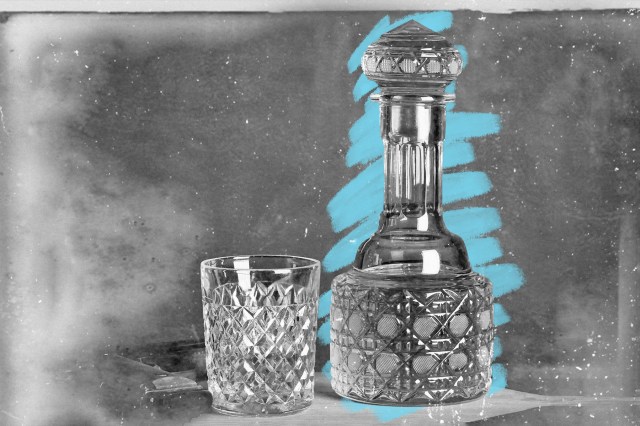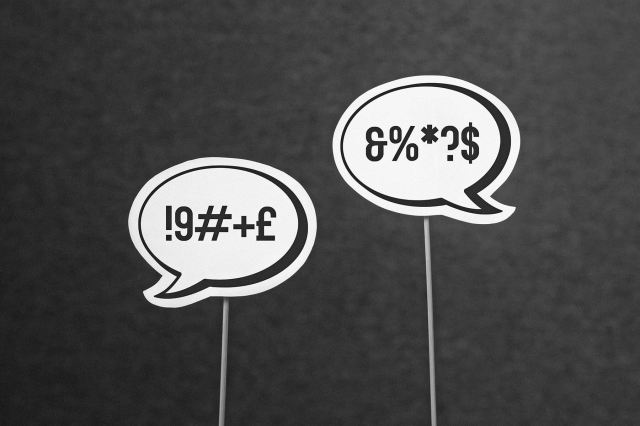 |
Russia once banned vodka. |
World History |
 |
| |
| The tsar's motivations weren't purely altruistic, however. Russia's 1905 loss in the Russo-Japanese War was attributed in part to soldiers' drunkenness, and Nicholas II didn't want to see a repeat of that in the looming conflict we now know as World War I. It didn't work: Vodka prohibition stunted the country's finances, infrastructure, and morale at a time when all three were of the utmost importance, and Russia was defeated in WWI as well. The prohibition law was repealed following the ascendance of Joseph Stalin, who reinstated the government monopoly in 1925. | |
 | |
 | |||||||||
By the Numbers | |||||||||
| |||||||||
| |||||||||
 | |||||||||
| |||||||||
World War I was partly responsible for Prohibition in America. | |||||||||
| The link between war and banning booze wasn't exclusive to Russia, as World War I played a key role in America's own experiment with prohibiting the "manufacture, sale, or transportation of intoxicating liquors." One war-related reason had to do with the scarcity of resources, namely barley, which advocates argued would be put to better use baking bread for soldiers than brewing beer. Another was good old-fashioned wartime xenophobia. John Strange, the lieutenant governor of Wisconsin, put it thusly: "We have German enemies in this country, too. And the worst of all our German enemies, the most treacherous, the most menacing, are Pabst, Schlitz, Blatz, and Miller." The 18th Amendment was finally passed by Congress on December 18, 1917 — less than a year before World War I ended. | |||||||||
 | |||
Recommended Reading | |||
 | |||
| | |||
 | |||
| | |||
| + Load more | |||
| |||||||||
| 700 N Colorado Blvd, #513, Denver, CO 80206 | |||||||||
|





No comments:
Post a Comment